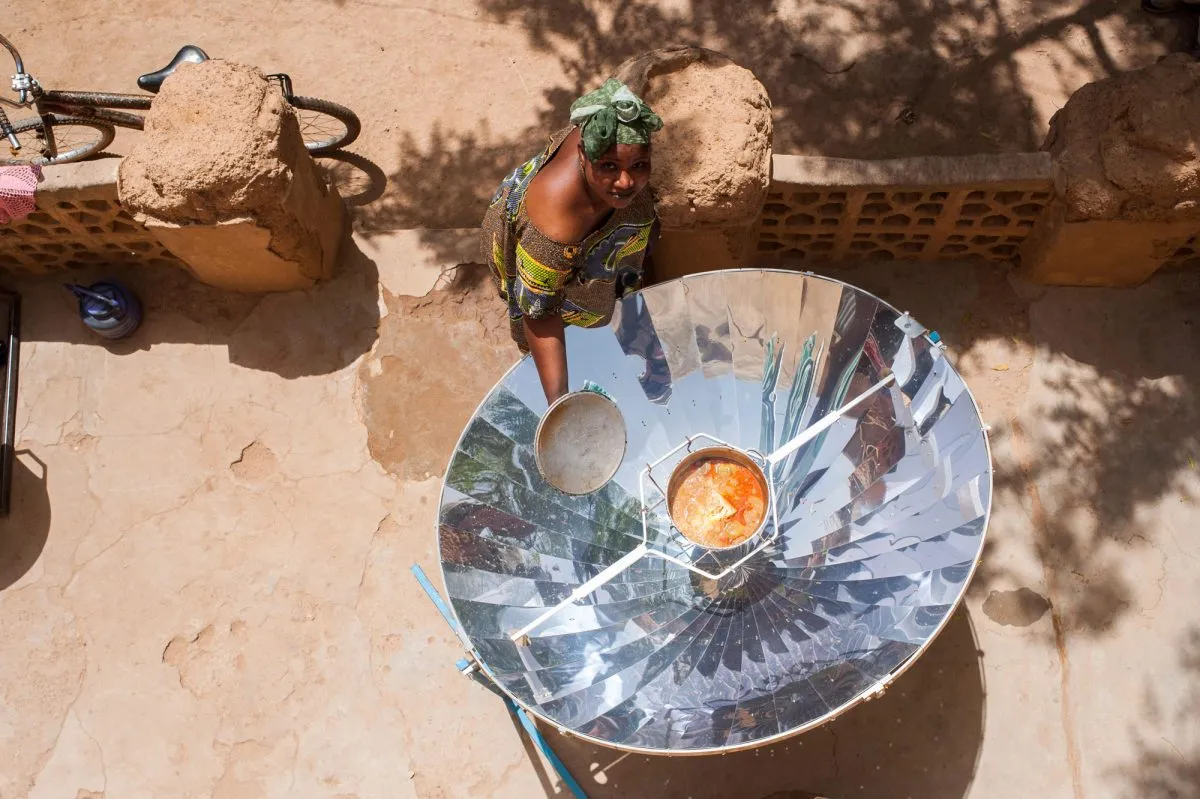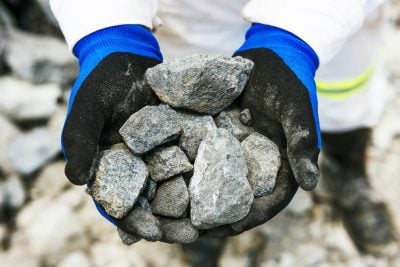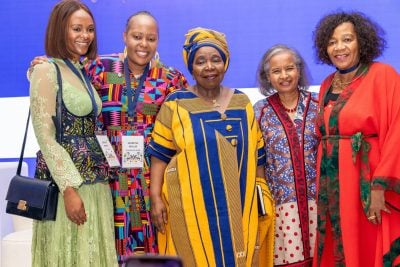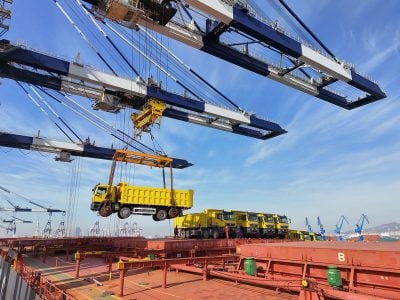This article is part of a series produced in collaboration with the African Development Bank in light of its sixtieth anniversary. Please visit our dedicated portal to read about the Bank's history and its activities on the continent.
The lack of access to clean cooking is a major crisis in Africa, with over a billion people affected across the continent. Around four-fifths of Sub-Saharan Africa’s population rely on traditional biomass fuels, a practice with severe health, environmental, and economic repercussions.
Speaking at a side event on Clean Cooking Challenges in Africa at COP29 in Baku, Azerbaijan, Vice President Philip Mpango of Tanzania emphasised the urgency of the issue.
“It is unacceptable that women are still dying because they lack access to clean cooking solutions,” he said. This reliance on polluting fuels not only leads to millions of premature deaths annually but also imposes an economic burden of $791.4bn, with health costs of $526.3bn also attributed to health-related impacts. For women and children, the challenge is deeply personal, as many spend several hours a day gathering fuel, exposing themselves to harmful smoke. “We must ensure that clean cooking solutions reach every corner of Africa to protect the lives of women and children,” she urged.
Rashid Abdallah, head of the African Energy Commission (AFREC), who delivered a presentation on the recently released report “Sustainable Scaling: Meeting the Clean Cooking Challenge in Africa,” pointed out that Africa accounts for nearly 1 billion of the 2.3 billion people worldwide who lack access to clean cooking solutions, with the continent losing approximately 3.9 million hectares of forest annually due to unsustainable cooking practices. Announcing the launch of the African Clean Cooking Program, designed to develop a strategic and actionable framework for improving clean cooking access across the region, Abdallah said “we are looking to create a platform where member states can learn from each other and share best practices.”
Comprehensive solution required
Addressing the clean cooking crisis requires a comprehensive and collaborative approach. Kevin Kariuki, group vice president of the African Development Bank, who was also on the panel, called for decisive action. “Clean cooking is not just a health issue; it is a matter of human dignity. We must mobilise at least $4bn annually to achieve universal access to clean cooking by 2030,” he said. The African Development Bank has taken a leadership role in addressing the clean cooking crisis as part of its High 5s agenda to improve quality of life on the continent. At a summit in Paris in May 2024, Dr. Akinwumi Adesina, the Bank’s President pledged to allocate USD 2 billion over 10 years from the Bank’s energy sector financing to clean cooking initiatives. This commitment contributed to the announcements of $2.2bn from public and private sectors to advance clean cooking solutions.
Fatih Birol, Executive Director of the International Energy Agency, stressed the need for collective action. “We have the knowledge and the tools to make a difference. It is imperative that we come together – governments, the private sector, and civil society – to implement innovative solutions that ensure every household has access to clean cooking.”

 Sign in with Google
Sign in with Google 



